All that time children are spending online with so little contact with peers (or the adults in their lives) is a source of worry for many parents. And with good reason: Our children are putting themselves at risk for a lifetime of social isolation and the mental health problems that come with it.
In fact, a recent survey of children in the UK by the Office for National Statistics found that one in ten youngsters aged 10-15 reported feeling prolonged periods of loneliness. And in the US, a study last year by the insurance company Cigna found even worse results. While more than 40% of Americans of all ages reported prolonged periods of loneliness, Gen Z’ers, youth aged 18-22, had the highest rates, with almost 60% reporting a large number of behaviors associated with being socially isolated.
The Reaffiliation Motive
All of this is cause for serious concern, though I recently came across a source of possible good news that this situation may be fixable if we provide children with the supports they need to change. Children, if offered the opportunity to reconnect and helped to think differently about the rejection so many experiences, are in fact hungry to attach.
There is a theory called the “reaffiliation motive” which has been put forward by a group of researchers led by Dr. Pamela Qualter at the University of Manchester. Qualter builds on the work of J. T. Cacioppo, who showed that human beings are biologically designed to feel pain when we are lonely. That means that we experience loneliness as intensely as we experience hunger. Loneliness is, therefore, an “aversive feeling” that likely evolved to remind us that our social network was broken and to motivate us to repair and maintain the important relationships in our lives.
It is this aversive feeling which Qualter believes motivates our children to address their loneliness. That’s a compelling idea, and one that gives me hope. What a child’s relationships look like over time, though, changes.
Related: How To Help A Child With Stressful Experiences
Qualter argues that younger children seek proximity to others (just being in the same space) but older youth need validation from peers and adults for what they have to contribute as unique individuals. At first, when children are still early in their adolescence, this drives them to seek status among their peers, but that changes to wanting intimacy as they get older.
All those “likes” on Facebook will, in time, diminish in importance. The problem is, though, that old patterns of social withdrawal begun early in life persist, causing those Gen Z’ers to be in a perpetual state of emotional crisis.

But why has loneliness taken hold of so many children? It seems to occur when children become stuck in patterns of faulty cognitive appraisal and hyper-vigilance to even the smallest signs of rejection. If these patterns of thinking continue (and are reinforced by a barrage of social media), children become overly sensitive to social cues that reject or judge them harshly.
This faulty thinking then causes changes to a child’s behavior and deepens patterns of social withdrawal. It is interesting, though, that this same social withdrawal can be a very good strategy to cope with feelings of rejection or harsh judgment. Loneliness research shows that people who withdraw are protecting themselves while giving themselves a timeout to think about how to improve their social relations. In other words, a short period of social withdrawal can help a child to reassess her situation and plan for new relationships.
The problem is that this pattern of withdrawal can become a pattern that never gets solved. The solution is to help kids think about their situations differently. If they can modulate their perception of threat and reconnect with people they perceived as pushing them aside, then they may be able to control the causes of their loneliness.
To Qualter’s mind, the process to confront loneliness starts at the pivotal moment when a child experiences rejection. When the child doesn’t let those thoughts change his behavior but continues to be open to attaching, the child will avoid the downward spiral into isolation. Fortunately, the reaffiliation motive makes it more likely a child chooses to change his thinking and find social relationships when, and if, they are available.
Helping Our Children Be Less Lonely
Fortunately, we can help our children become less lonely:
First, help children disengage from perceived social threats. That means removing them from toxic social situations.
Second, help children to stop focusing on social slights and instead shift their attention to times when the threat was not there, or to times when people have appreciated the contribution the child has made to the lives of others.
This is very much a cognitive trick but one that breaks children’s tendency to obsess on problems. Qualter refers to this process as “priming acceptance”. It makes children see the opportunities for social acceptance that are readily available.
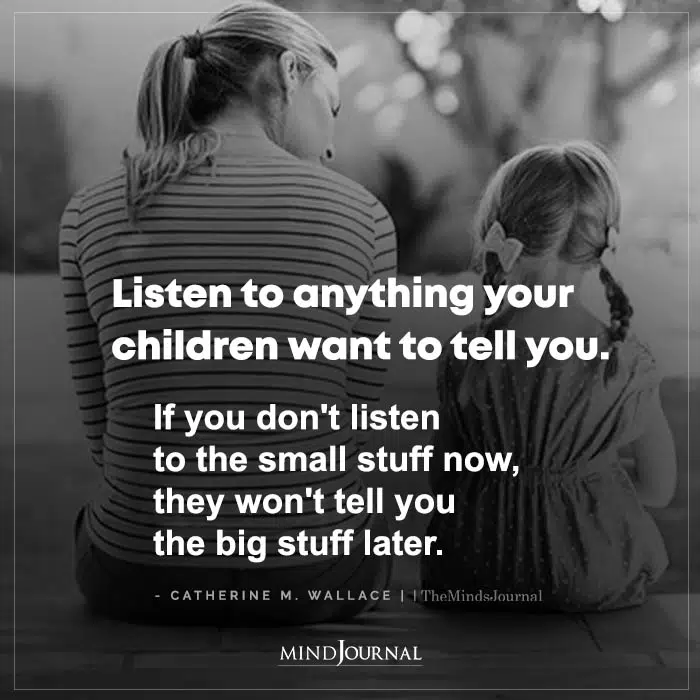
Third, change opportunities for the child to experience social connections.
No amount of mental gymnastics is going to produce a long-term change in a child’s experience of loneliness unless new relationships are there for her to find. A child doesn’t need a lot of friends. She just needs a small reliable group of people who remind her that she matters.
Related: 6 Ways To Help A Child Who Has A Toxic Friend
Please share this article with anyone who you may think will find it valuable and helpful.
References Qualter, Pamela & Vanhalst, Janne & Nowland, Rebecca & Roekel, Eeske & Lodder, Gerine & Bangee, Munirah & Maes, Marlies & Verhagen, Maaike. (2015). Loneliness Across the Life Span. Perspectives on Psychological Science. Cacioppo, S., Grippo, A. J., London, S., Goossens, L., & Cacioppo, J. T. (2015). Loneliness: Clinical import and interventions. Perspectives on Psychological Science, 10, 238–249.
Written by: Michael Ungar Originally appeared on:Psychology Today Republished with permission
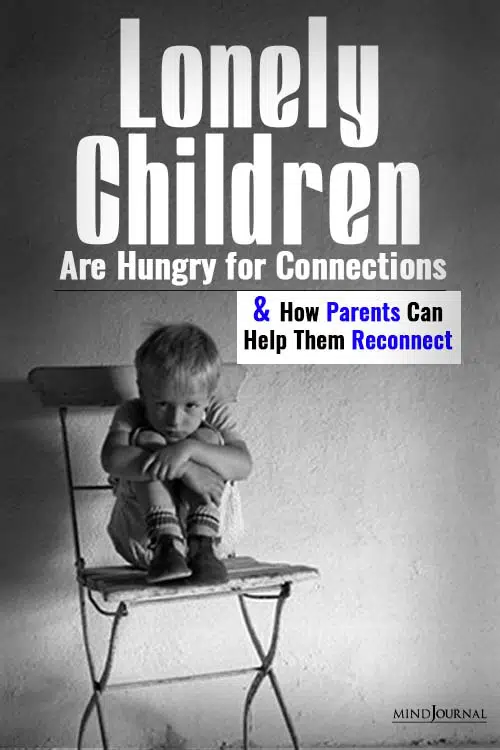
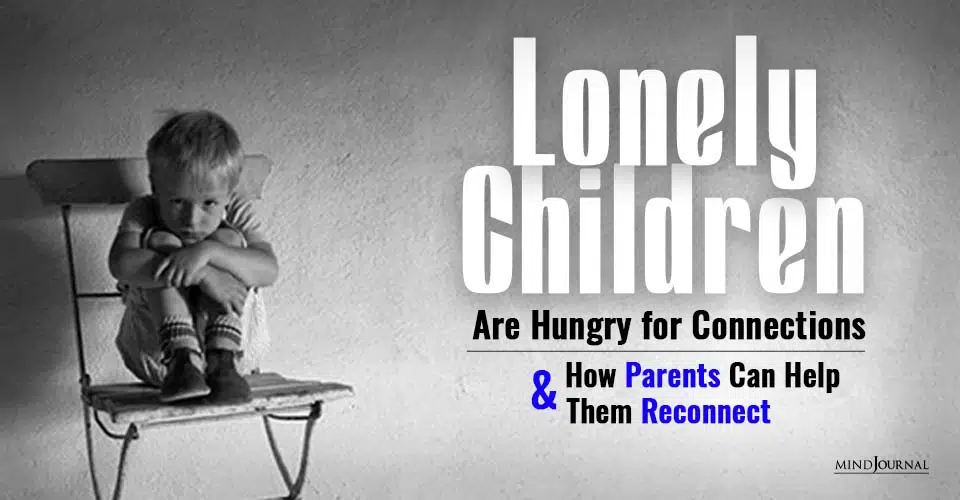




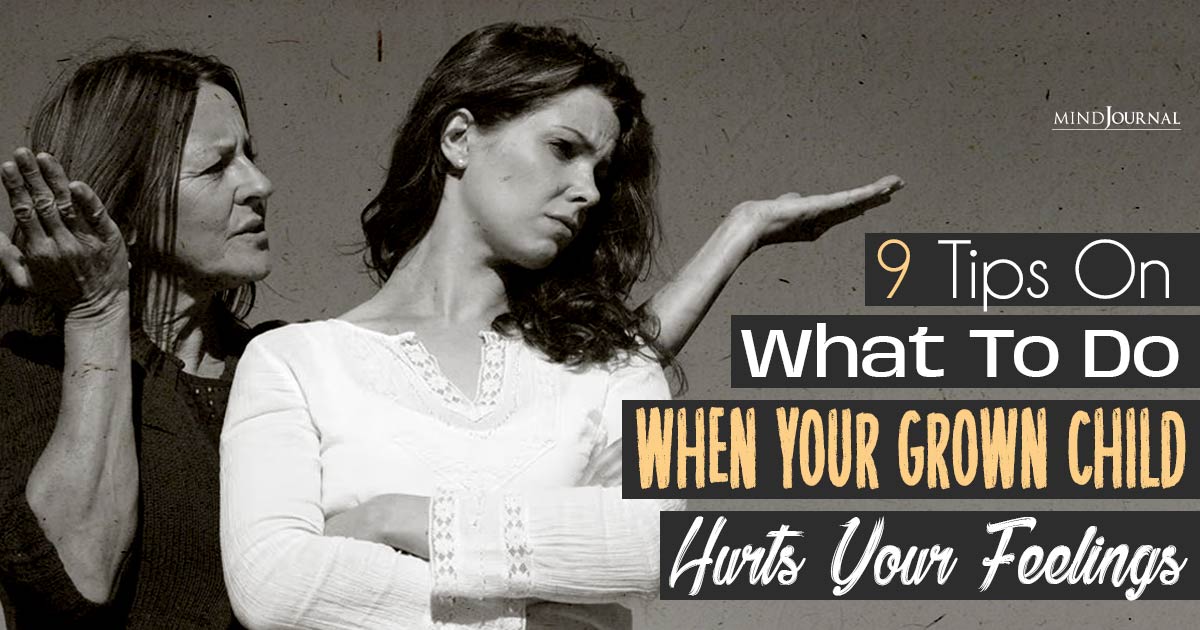
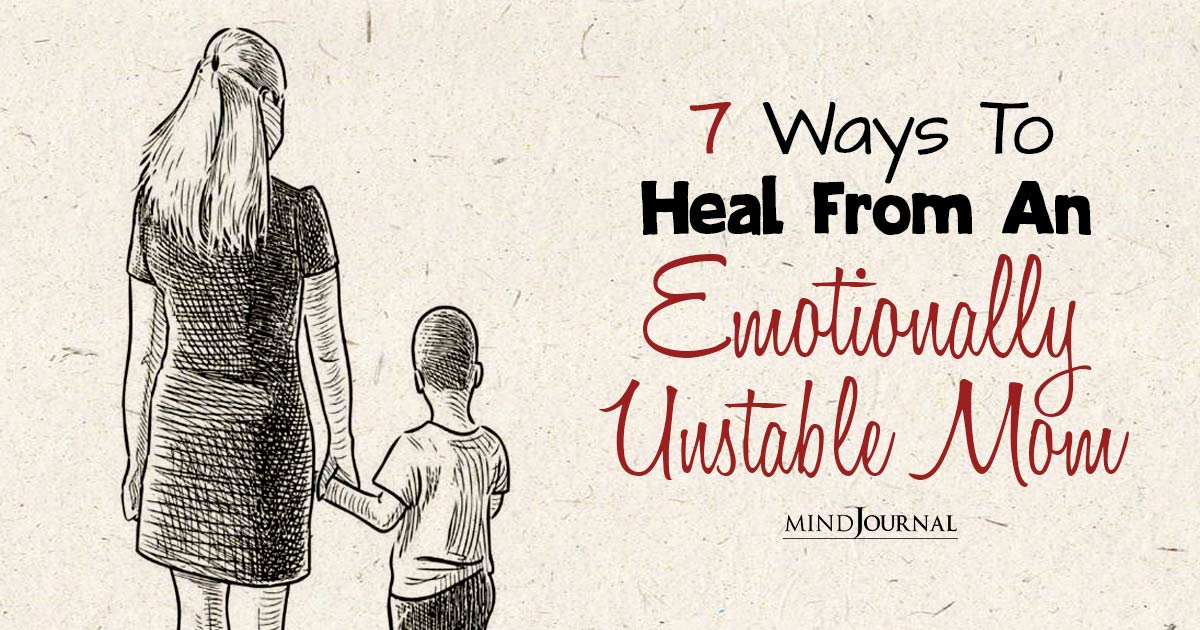
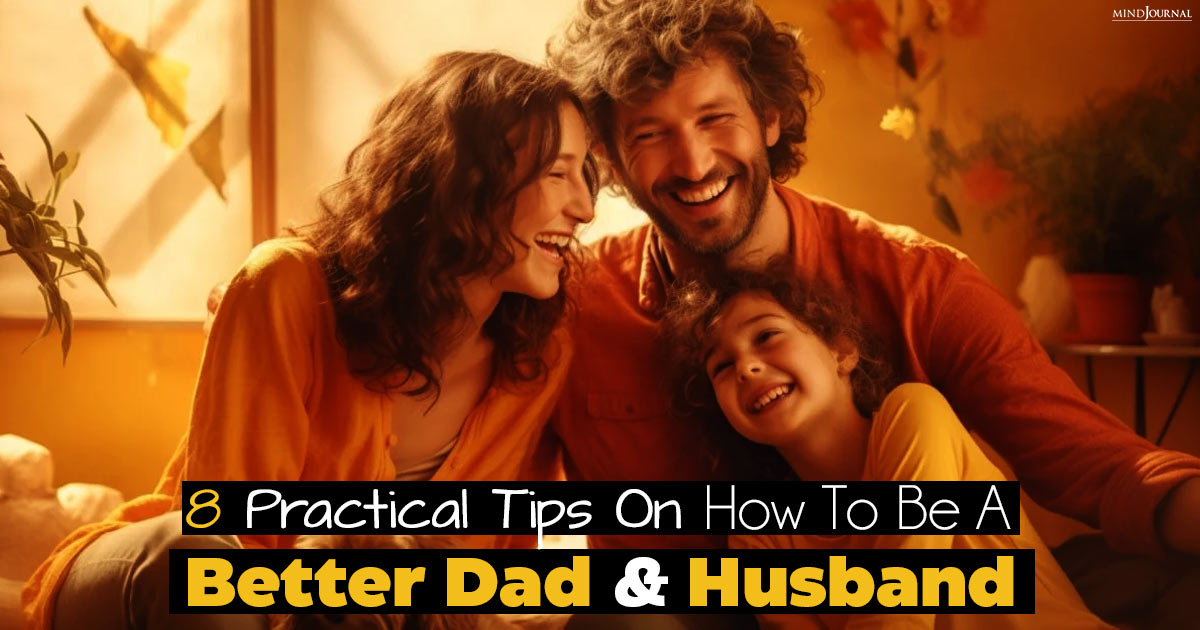
Leave a Reply
You must be logged in to post a comment.